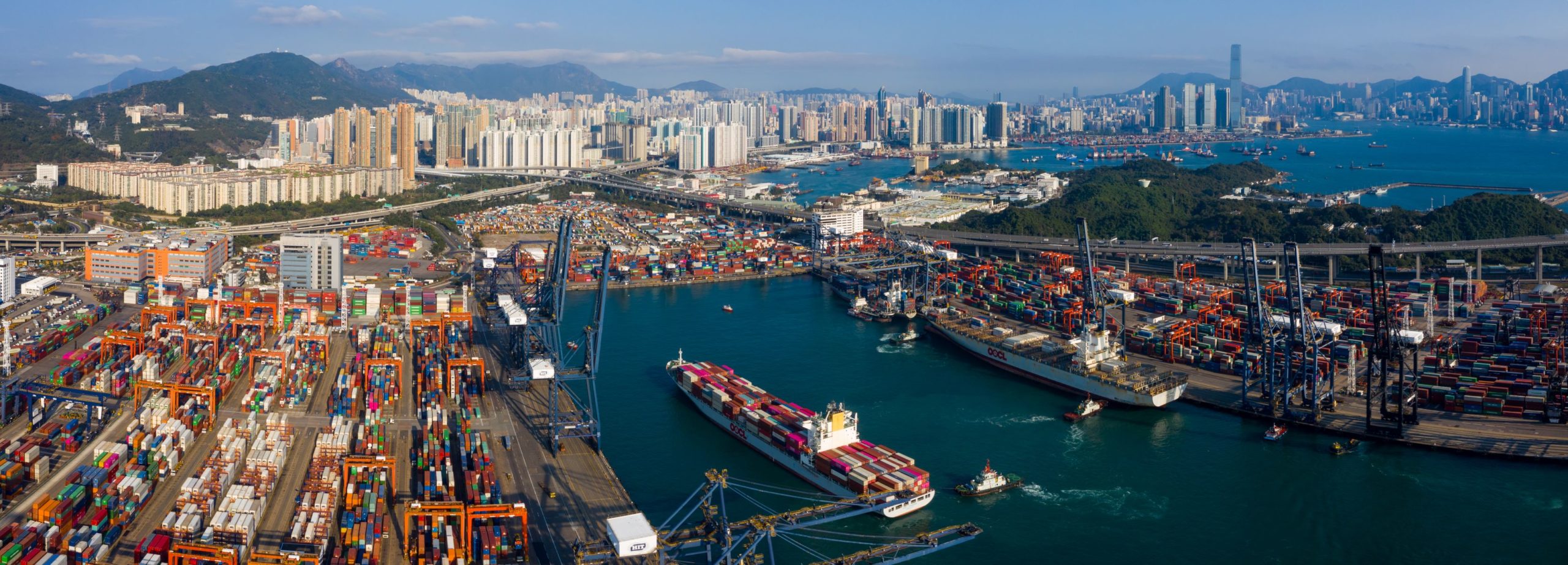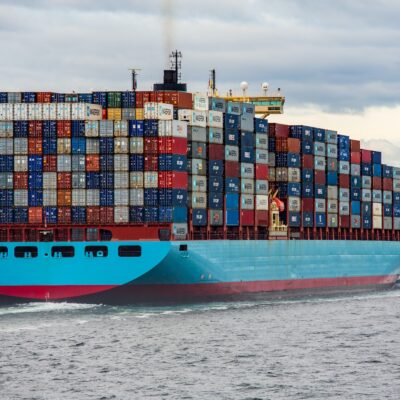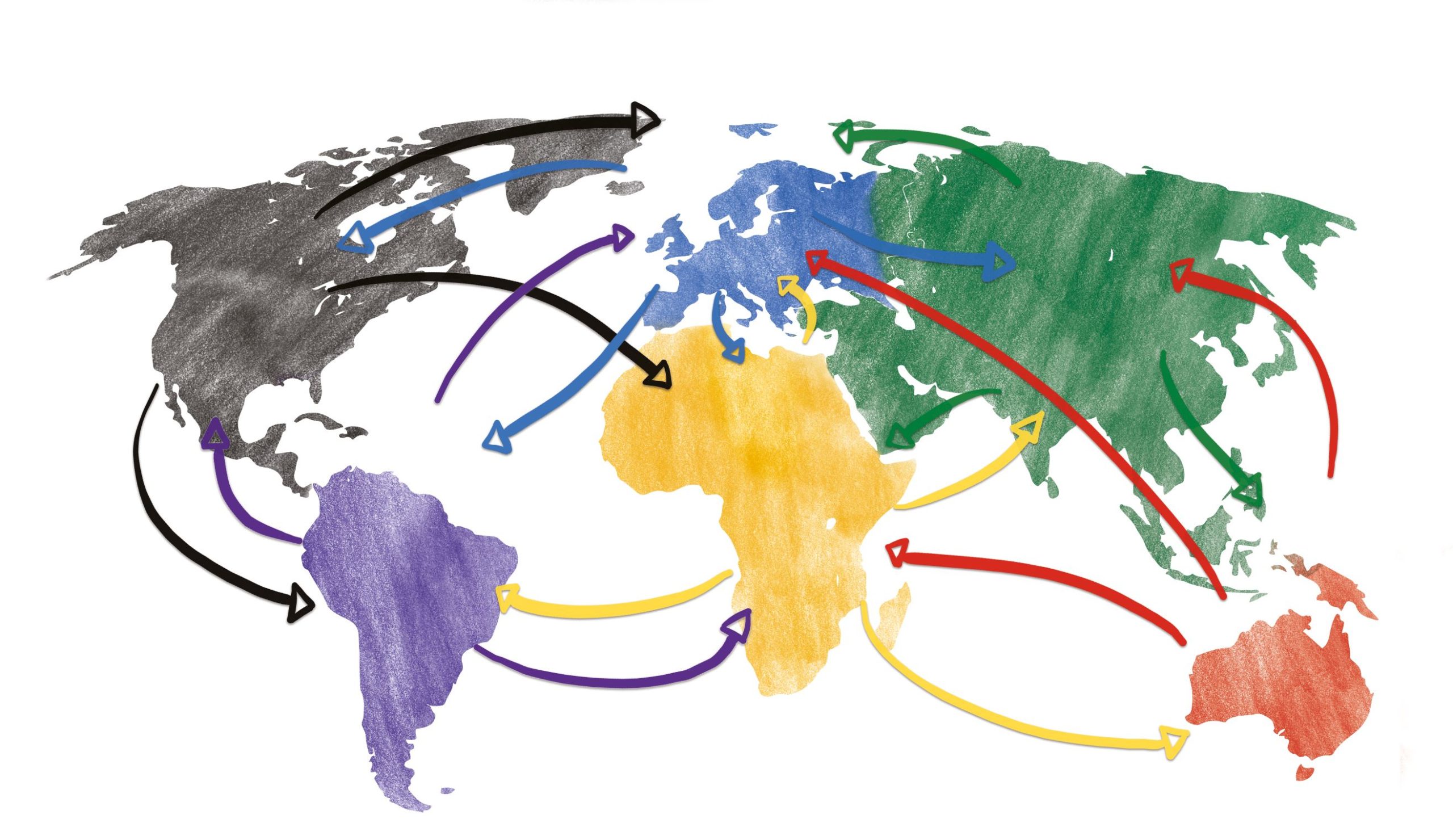

RECOMMENDED READING
Professor Dan Drezner is again illustrating how we ended up with a misbegotten consensus on globalization built upon inadequate assumptions and shallow analysis. A couple of weeks ago, we encountered him badly mischaracterizing a study about the supposed value of trade liberalization. Breezing past that issue, he is back now with a more outlandish claim, that: “a world in which ‘trade were balanced, domestic industry robust, and productivity rising’ is a world that not only does not exist, but very likely cannot exist” (emphasis in original).
Cannot exist! In the blackboard model of comparative advantage on which Drezner relies, this is exactly what happens. If it’s not what we should expect, or at least pursue, then which facet would economists concede is not achievable in a well-functioning global economy?
According to Drezner, “The entire point of trade is letting countries specialize in the areas in which they have a comparative advantage in productivity. Any shift toward autarky means a more diversified production portfolio — but also a less productive one.” This may be true in a painfully simplistic, point-in-time, partial-equilibrium analysis. But it is absolutely (and empirically) not true in the long run. As Cesar A. Hildago and Ricardo Hausmann have shown, in fact it is the complexity and diversity of a domestic economy that better predicts its growth over time. Long-time Intel CEO Andy Grove made a related point about innovation, one that Drezner ellipses out of his response to me and then fails to engage, so I will repeat it here:
If profit margins are the problem, we go to work on margins, with exquisite focus. Each company, ruggedly individualistic, does its best to expand efficiently and improve its own profitability. However, our pursuit of our individual businesses, which often involves transferring manufacturing and a great deal of engineering out of the country, has hindered our ability to bring innovations to scale at home. Without scaling, we don’t just lose jobs — we lose our hold on new technologies. Losing the ability to scale will ultimately damage our capacity to innovate.
Further, some industries lend themselves to higher productivity than others, and treating comparative advantage as some exogenous fact to be discovered and complied with can leave your country on the short end of the stick. As I wrote at Law & Liberty:
Economists have long understood that the basic model describes poorly the modern international economy. For example, one crucial driver of comparative advantage is scale. The things which one makes a lot of, one is likely to make more efficiently. Thus, rather than a nation focusing where it has comparative advantage, it has comparative advantage where it focuses. In technical terms, the advantage is endogenous—it emerges from the behavior of the participants. Paul Krugman won his Nobel Prize in part for advancing this theory.
The giveaway that Drezner is having the wrong conversation is his statement that, “If you believe that reworking the global supply chain right now would uncover untold efficiencies, you need to pick up a newspaper.” To my knowledge, no one has ever claimed that reshoring would lead to productivity gains through the “uncovering of efficiencies,” as if there were low-hanging fruit waiting to be plucked. Indeed, if that were the case, firms would presumably have done it themselves.
The premise, to the contrary, is that the long-term gains are not ones quickly or easily captured by an individual firm maximizing its own profit, which is precisely why they are not being pursued and do require public policy. But an imperative and/or incentives to manufacture domestically would force firms to invest in raising productivity, such investment—as well as the very presence of the domestic production—would spur innovation, and over time both the sector and the broader economy would achieve higher levels of productivity growth than the woefully stagnant ones being delivered under the “offshore-manufacturing-but-create-lots-of-barre-instructor-jobs” formula embraced by those who reap the benefits of both the offshoring and the barre classes.
That story could be right or wrong. People could have an informed economic argument about it. But not while analyzing economics as Drezner does through the narrow, blurred lens of “what is the most efficient way to do things right this moment, holding everything else constant and in perpetuity.” Such thinking has not served our economy well.
For a broad and thorough discussion of the ways we could lay the groundwork for long-term, productivity-enhancing reshoring, check out our ongoing symposium, Moving the Chains: 9 Strategies for Retaking Global Leadership in Industry and Innovation.
Recommended Reading
Failing a Test on Trade
Professor Dan Drezner has been crudely criticizing Senator Josh Hawley’s New York Times op-ed on U.S. withdrawal from the WTO—treating it “the way one would treat an undergrad paper in global political economy,” awarding a C-minus, and offering the feedback that, “You can do better work than this, Josh. Put in the effort, do more research and make sharper arguments next time.” He exposes the fundamental weakness of his critique though, with the claim that “Hawley prefers exiting the WTO and rejecting the estimated $2.1 trillion in benefits from trade,” in the process demonstrating exactly what simplistic economic analyses of trade policy get wrong.
Issues 2024: Globalization
Revitalizing the national economy must begin with restoring the incentive to invest and build in America.
“TRIM” the WTO, Don’t Abolish It
It is refreshing to see an increasing number of politicians and pundits from across the political spectrum calling for re-establishing their manufacturing base to address the vulnerabilities exposed in the wake of COVID-19. The latest is GOP Senator Josh Hawley, calling for the abolition of the World Trade Organization, in a NY Times Op-ed.












